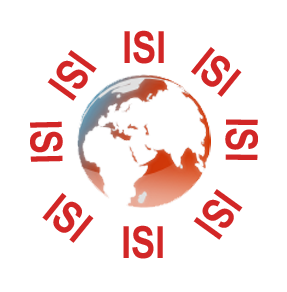Use of Artificial Intelligence (AI)
Tasnim International Journal for Human, Social and Legal Sciences acknowledges the growing role of Artificial Intelligence (AI) in research and academic writing. While we recognize the potential benefits AI tools can offer in enhancing productivity and streamlining workflows, it is essential to ensure their use aligns with ethical and academic standards.
1. AI in Research and Writing
- Authors may use AI tools for language editing, formatting, or improving grammar and readability of their manuscripts.
- The intellectual and academic content of the manuscript, including ideas, analyses, and conclusions, must remain the original work of the author(s).
2. Disclosure of AI Usage
- Authors must explicitly disclose the use of AI tools in their manuscript under a separate "Author Contributions" or "Acknowledgment" section. This includes specifying the tools used (e.g., ChatGPT, Grammarly) and their purpose (e.g., grammar checking, data analysis assistance).
- Failure to disclose the use of AI tools may be considered a breach of ethical standards and could lead to the rejection of the manuscript.
3. Ethical Considerations
- Authors are solely responsible for the accuracy, validity, and originality of the content in their manuscripts, regardless of AI assistance.
- AI-generated content must not be used to fabricate or manipulate data, generate results, or misrepresent information.
- The journal reserves the right to screen submissions for ethical compliance, including the potential misuse of AI tools.
4. Peer Review and Editorial Processes
- The use of AI tools by peer reviewers and editors is limited to tasks such as plagiarism detection, language refinement, or assessing compliance with journal guidelines. All editorial decisions are made by human editors to maintain the integrity of the review process.
5. Commitment to Transparency and Integrity
- Tasnim is committed to upholding transparency and integrity in scholarly communication. While AI tools can support research and publication, human expertise and ethical practices remain paramount.
By adhering to these guidelines, our journal ensures that the use of AI contributes positively to the academic publishing process while maintaining the highest standards of ethical and scholarly conduct.





